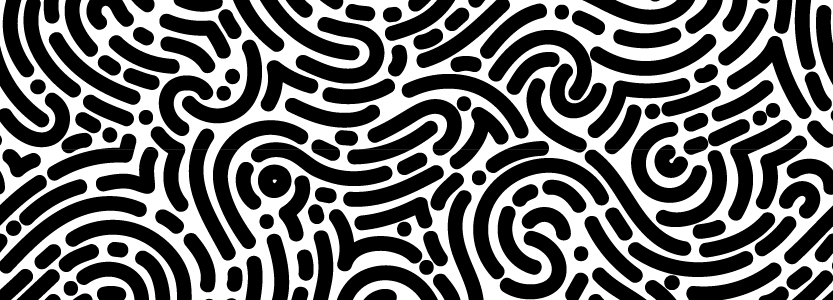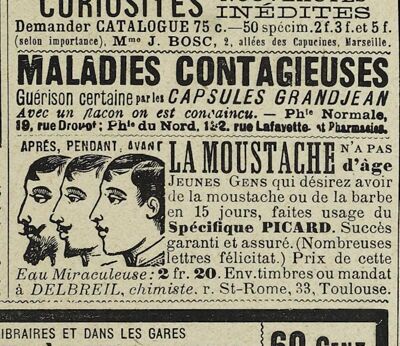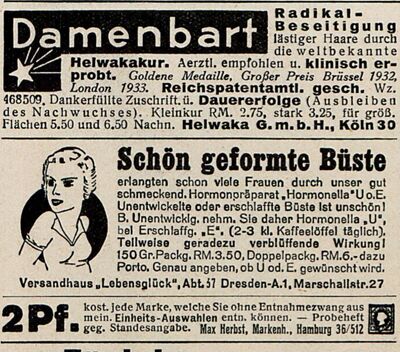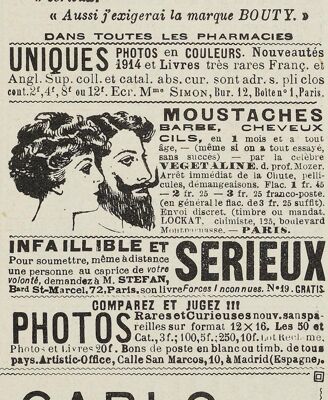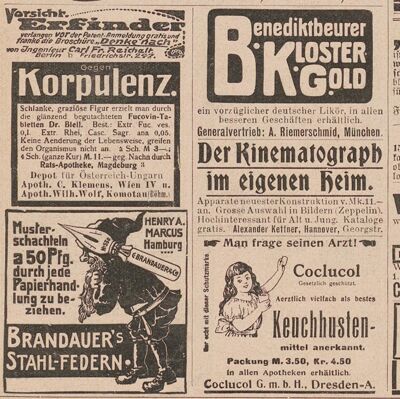This summer, get bigger breasts and grow your hair back...
Béatrice Joyeux-Prunel
Summer, when you rush us...
Quickly before the beach, comes the time of diets, imposed sport, anxieties about one's appearance.

--
Meggendorfer-Blätter,Zeitschrift für Humor und Kunst, Munich, 98th volume, 1914, p. 14. This advertisement for cameras shows a family with slender, muscular bodies posing in bathing suits in front of an equipped photographer.
A century ago our ancestors were not very different, although they bared their bodies much less than we do. Women wanted to slim down their waist and enlarge their breasts, men wanted to reduce their baldness or grow a beard.
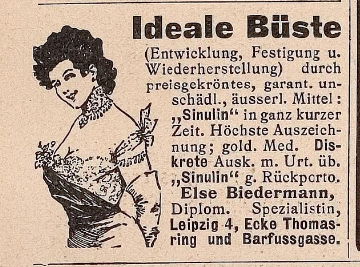
--
Jugend. Illustrierte Wochenschrift für 'Kunst' und 'Leben', 1910, vol.I, n°1:26, p. 61. Au survol: ibid. p. 186.
link.
The pictures that circulate in the illustrated press, and that the machine brings back to us in large batches, tell of the small daily worries, the great desires as well as the most vain illusions.
Toothache, insomnia, menstrual problems, colic, "unsightly hair and fluff on the face and body", "losing weight", "getting younger", "no more grey hair", nerves, teeth, constipation, shyness, asthma, hair removal...
The list goes on: "Old and recent colds, coughs, bronchitis"; intestinal and lung diseases; "Korpulenz", "red nose" and pimples; "Neurasthenia of men" and "nervous weakness", bearded women, addiction to tobacco, alcoholism, addiction to morphine or heroin, "Heilung der Syphilis"...
It is a litany of dissatisfactions and daily human problems that is spread out in illustrations and texts. A freeze frame of the diseases of an era.
One also discovers how certain concerns are discreetly mentioned and dealt with - notably unwanted pregnancy.
Apiol (an abortifacient well known to doctors) did not work? "Madame, when you have tried everything without result, write to Mme Hemy, 110, bd de la Chapelle, Paris, who will indicate to you, free of charge and under sealed cover, an effective and safe means of eliminating all delays"(La Mode nationale. Messager des modes nouvelles, Paris, 2 mars 1912).

--
Advertising for Apiol, an active ingredient used to treat amenorrhea (absence of menstruation), but also to abort. Source : Revue illustrée, Paris, 15 juin 1900.
In image, it is rather the situation without problem than the problem, which is visualized.
As always, the advertising images want to make believe that they bring all that is necessary for an easy, immediate happiness, simple and without social nor sanitary difficulties: smiling faces, raised chins, high and serene foreheads, all will be cured!
At the same time, the illustrated press of a century ago is the realm of the funniest promises.
How to make your breasts grow in "a very short time", how to stop shyness, how to influence others? From oriental powder to psychic solutions, one can find all kinds of proposals, including the solutions of a "priest of Rome" to cure bedsores, ulcers and skin problems.
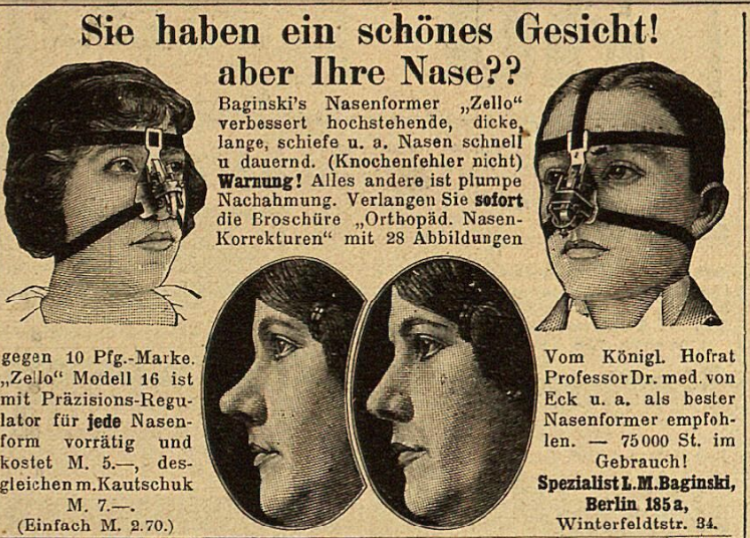
--
Meggendorfer-Blätter, Zeitschrift für Humor und Kunst, Munich, 98e volume, 1914, p. 16.You have a beautiful face! But your nose??"
"You have a beautiful face! But your nose?? "
The magic device of the "specialist" will even be able to change the shape of your nose, "quickly and for a long time"...
Another miraculous promise: the influence on others.

...If these advertisements are regularly repeated, from one country to another, it is because they work and generate good revenues.
This one, praising a book of recipes to increase one's aura and to have influence on others, appeared notably in Le Rire rouge, the war edition of the newspaper Le Rire appearing on Saturdays (Paris, July 31, 1915, n°37, p. 1), in The Black Cat in the Meggendorfer-Blätter (Munich, vol. 98, 1914, p. 14) and in the magazine Jugend It is found in other illustrated magazines until the end of the 1920s. This advertisement is one of the few in our corpus that circulates between European countries, at a time when advertising remains a national affair (or limited to a single linguistic region). The author of the book praised by these lines, Elmer Ellsworth Knowles - a pseudonym of a certain Elmer Sydney Prather (1872-1939) - seems to have made a small fortune by selling by mail order books and devices designed to influence the people of your choice[1].The merchant of success, clairvoyance and hypnosis courses, left the United States in 1909 after several lawsuits for fraud, and settled in Great Britain where he set up his mail order business. From one decade to the next, the company expanded and in the early 1920s it offered its books and demonstrations in Paris, Brussels, The Hague, in addition to the USA and England.
Perhaps this was a sign that Knowles' method was working, at least for him, and the influence of the charlatan can still be felt on certain astrology sites that offer his books...
But how could anyone believe it?

--
Revue illustrée, Paris, June 15, 1900. Overview: La La Jeune fille : weekly newspaper directed by women of the world, Brussels, April 15, 1901.
Miracle recipes are always advised by "specialists", guaranteed "experts" whose names and addresses are unknown.
The "oriental" or "Hungarian" origin also seems to guarantee a certain efficiency for pills, powders or flours intended to make the breasts bigger.
An amusing detail, however, if the images remain the same, the texts change: the advertisements learn to adapt to the expectations of the public, varied according to different cities and social circles.
Thus, some visual advertisements return from one country or city to another with different captions. The "Corset de la Faculté" advertised in June 1900 by the Maison Jeanne d'Arc (265 Rue St Honoré in Paris) in the Revue illustrée, no longer had the facultative label when it was proposed in the Brussels magazine La Jeune fille, journal hebdomadaire dirigé par des femmes du monde. a weekly newspaper directed by women of the world. Maybe because mothers checked more the seriousness of what their daughters read, than the magazines they bought themselves...
Read More :
When the Machine laughs at us.
Go back :
Do we share jokes between countries ?
V. The Machine's Hoaxes
Notes:
[1]

